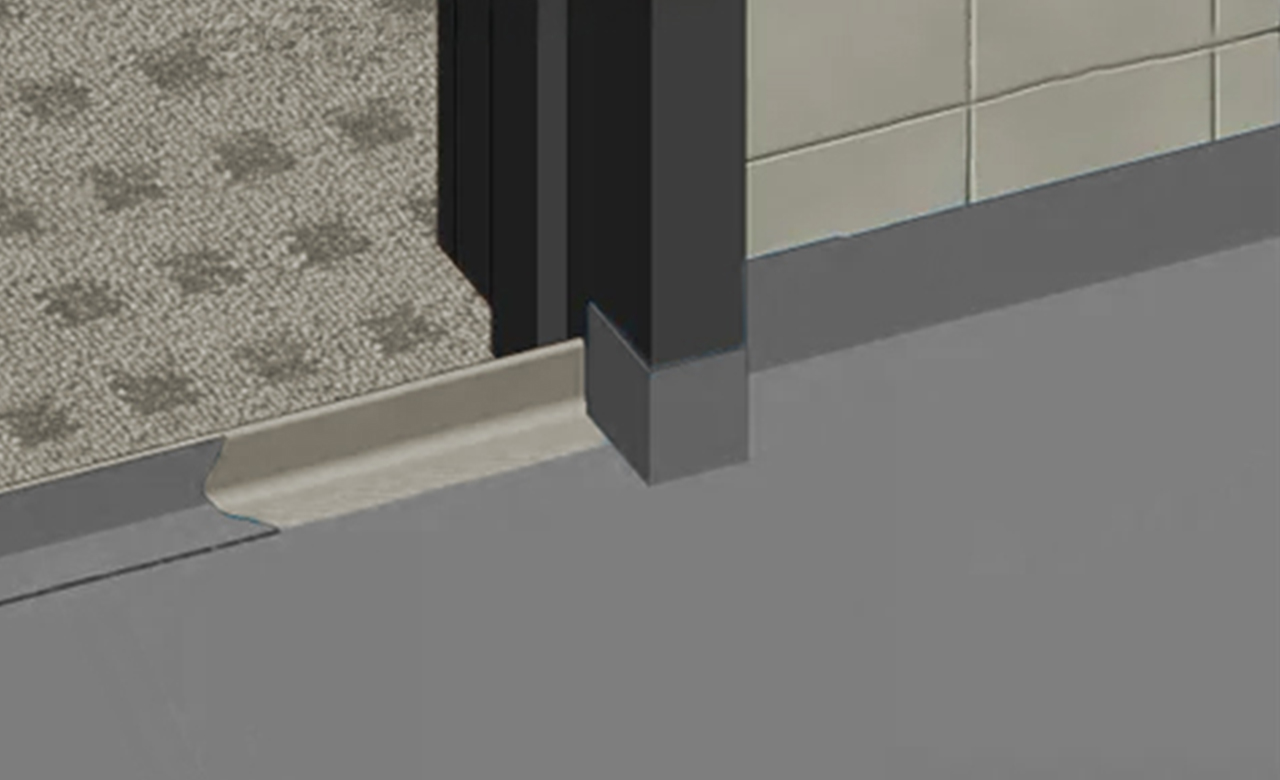Introduction:
Waterproofing is an indispensable aspect of construction that often goes unnoticed, but its significance cannot be overstated. The implementation of effective waterproofing systems plays a pivotal role in safeguarding structures against water damage, ensuring their longevity, and promoting a safe and habitable environment. In this blog, we will explore the vital importance of waterproofing systems in construction and how they contribute to the overall durability and integrity of buildings.
1. Preventing Water Damage and Structural Deterioration
Water damage is one of the most common and costly issues faced by property owners. Waterproofing systems act as a robust defense, preventing water infiltration into the building’s foundation, walls, and roof. By creating an impermeable barrier, these systems mitigate the risk of structural deterioration caused by moisture, leaks, and seepage, thereby extending the lifespan of the building.
2. Guarding Against Mold and Mildew Growth
Water intrusion can lead to the growth of harmful mold and mildew, posing significant health risks to occupants. Waterproofing solutions inhibit the accumulation of moisture, eliminating the conditions favorable for mold development. This not only protects the building’s occupants but also reduces the need for expensive mold remediation in the future.
3. Enhancing Energy Efficiency
Uncontrolled water ingress can compromise the insulation and thermal efficiency of a building. Waterproofing systems effectively seal gaps, cracks, and joints, improving energy efficiency by preventing heat or cool air loss. This results in lower energy consumption, reduced utility bills, and a smaller carbon footprint, contributing to sustainable building practices.
4. Increasing Property Value and Marketability
Investing in quality waterproofing systems enhances the overall value and marketability of a property. Prospective buyers or tenants are more inclined to invest in a building with a history of proper waterproofing maintenance, as it assures them of a durable and well-maintained structure.
5. Complying with Building Codes and Regulations
Many building codes and regulations require proper waterproofing in specific areas, such as bathrooms, basements, and roofs. Ensuring compliance not only avoids legal issues and penalties but also promotes safety and habitability for occupants.
6. Versatile Applications for Various Construction Types
Waterproofing systems cater to a wide range of construction types, including residential, commercial, and industrial buildings. From traditional sheet membranes to advanced liquid-applied coatings, there are tailored solutions to suit different construction requirements and budgets.
Conclusion:
Waterproofing systems are not mere optional add-ons in construction; they are integral to the long-term viability and safety of any building. By preventing water damage, mold growth, and structural deterioration, these systems ensure the durability and integrity of structures. Additionally, they contribute to energy efficiency, increase property value, and comply with essential building codes. Investing in high-quality waterproofing systems during the construction phase is a prudent decision that pays off in the form of long-lasting, safe, and resilient buildings. Prioritizing waterproofing today is an investment in the future of every construction project.





